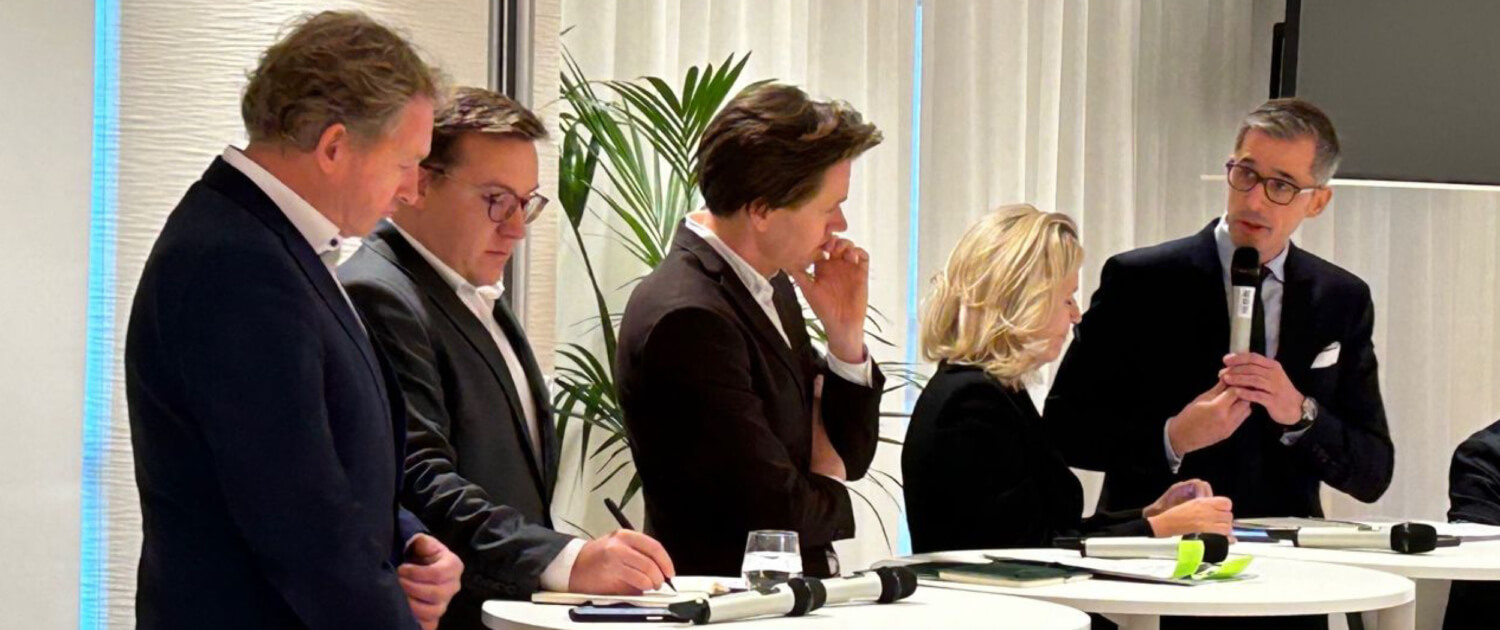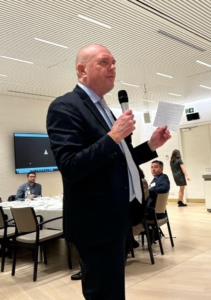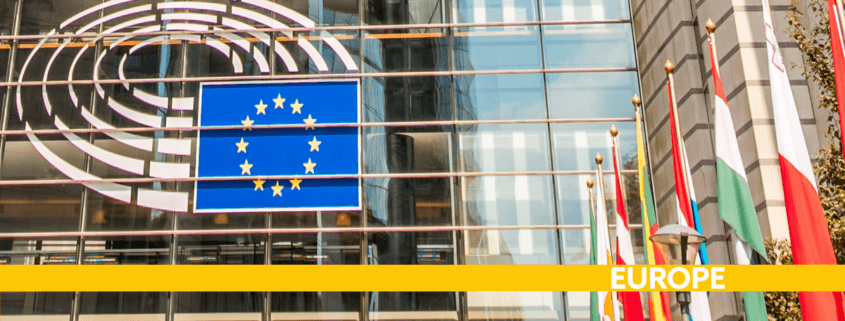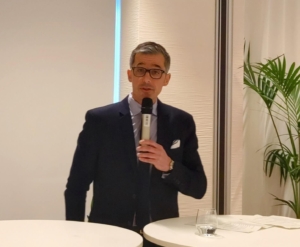Climate Leadership Summit at the European Parliament: stop waiting for others to act
The third edition of the Sustainable Leaders’ Summit explored the role of leadership in dealing with the nature and climate crises. With COP28 and the EU’s commitment to climate neutrality and biodiversity, how can we take leaders on board of this historic challenge? MEPs, managers, and social partners discussed how to involve the EU’s 10 million managers in mobilising climate action. From assuming responsibility in business to a more systemic approach to policy-making – climate leadership is needed more than ever.
“The climate crisis is here and will not go away without action. We need an ambitious but fair regulatory framework that ensures that managers’ operational space is fit for purpose. Yet, leadership has been the overlooked resource for overcoming the climate and nature crises. To succeed in the transformation of our industries, we need leaders able to take people on board.” Maxime Legrand, President of CEC

Opening speech by Maxime Legrand
On 28 November 2023, CEC European Managers organised the third edition of the Sustainable Leaders’ Summit in the European Parliament in Brussels. The conference brought together EU-level stakeholders from politics, academia, business, and civil society to shed light on the leverage managers have in approaching the greatest challenge of our time. Besides their personal impact on climate and biodiversity, leaders are able to influence investments, recruitments, skills development, and innovation needed for a sustainable economy.
During her keynote speech, Professor Katherine Richardson offered important insights on the role of leaders in tackling the climate and biodiversity crises. Based on an understanding of the Earth as a system, businesses have the opportunity to re-design their value creation processes. Today, the world has crossed six planetary boundaries, increasing the risk to safe conditions for life on Earth. “I am not worried too much since we have been able to return to safe levels for our ozone layer in the past. We are able to support the civilizations we have today.”

Moderator Torkild Justesen (Secretary General)
Although it is not too late to act, it requires leaders that dare using their levers. “We cannot outsource our responsibility to solve the climate and biodiversity crisis. Besides reducing emissions, we need to think about innovation to create photosynthetic products where nature wouldn’t. We need to access the bio that is needed for a bioeconomy. In the EU, we need more systems thinking when designing EU policies to account to the interplay between climate and biodiversity” Richardson said.
During the panel debate moderated by Torkild Justesen (Secretary General of CEC), Bergur Løkke Rasmussen (MEP), Niels Fuglsang (MEP), Silvia Pugi (CEC / CIDA), Wim Bartels (Deloitte) and Maxime Legrand (CEC) discussed what it takes to effectively take leaders on board of the transition to climate- and nature-friendly solutions. The panellists agreed that a more systemic approach to policymaking is needed, requiring a greater exchange between politics, business, and civil society. Leaders are however also personally responsible in walking the talk by setting a sustainable direction, engaging stakeholders on the journey, and influencing policies on climate and biodiversity.
CEC European Managers has advocated for a more systemic and responsible approach to sustainability since 2018. As underlined by its Vision and Mission statement, the managers’ federation works towards making Sustainable Leadership the standard in leadership development by 2030. The third Sustainable Leaders’ Summit has therefore underlined the need for investing in transformational leadership across sectors, policies, and countries. Within a context of growing inflation and geopolitical conflicts, it is about making sustainability a strategic choice for our industries.
Quotes
“We need to work together to make sure that our policies and standards are overall goals that can be achieved in real life. We need you to be an active part of the process and to tell us what works and what does not work. We need to make sure that we have the best possible tools, like the CSRD, to deliver.“
Bergur Lokke Rasmussen (MEP)
“You have the hand on the lever to steer the economy by changing what and how we produce. The question we need to ask ourselves is if what we do is what is needed. We must ask ourselves: is this product something we really need? Is this something that will make the world a better place?”
Niels Fuglsang (MEP)
“Managers have the responsibility to align the business strategy to the sustainability strategy. We have been told that a company is there to make profits. Today, we need to take into account stakeholders. It is above all managers, who must deal with the dilemmas that this situation can involve.”
Silvia Pugi (CIDA/CEC)
“Leaders have the key responsibility to get the company going on sustainability. Setting the direction often unlocks internal movement, where various parts of the company are challenged to innovate, for instance in R&D or operations. But leaders also need to convince outside stakeholders like investors.”
Wim Bartels (Deloitte)





